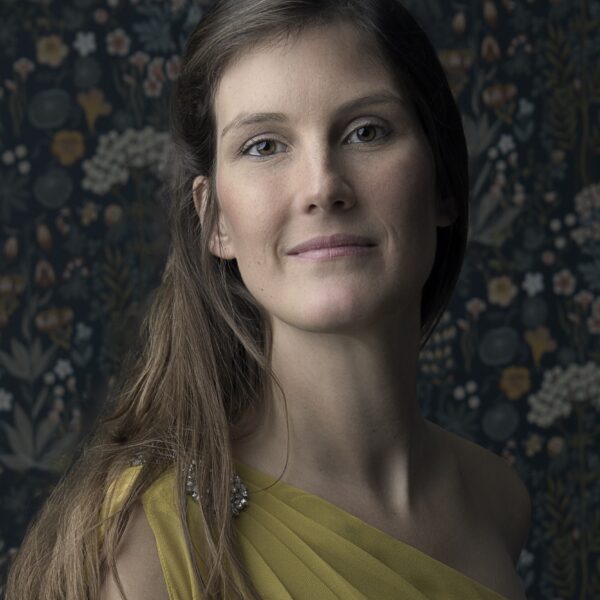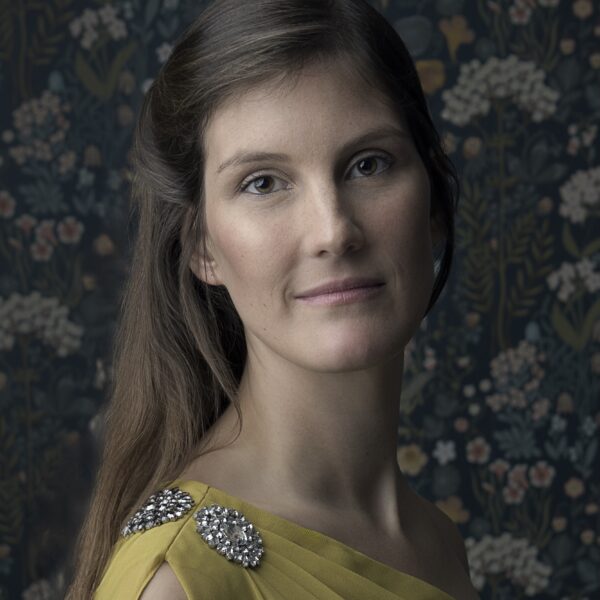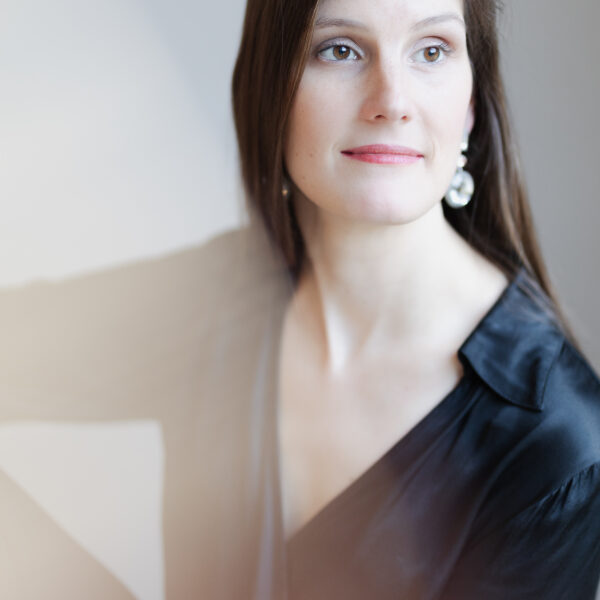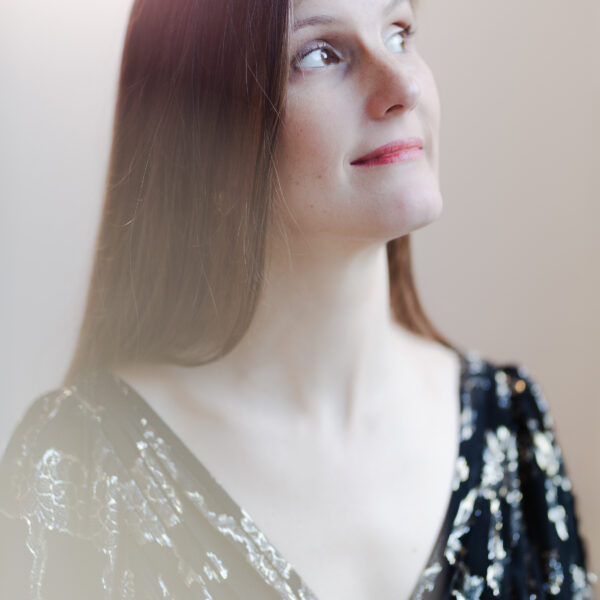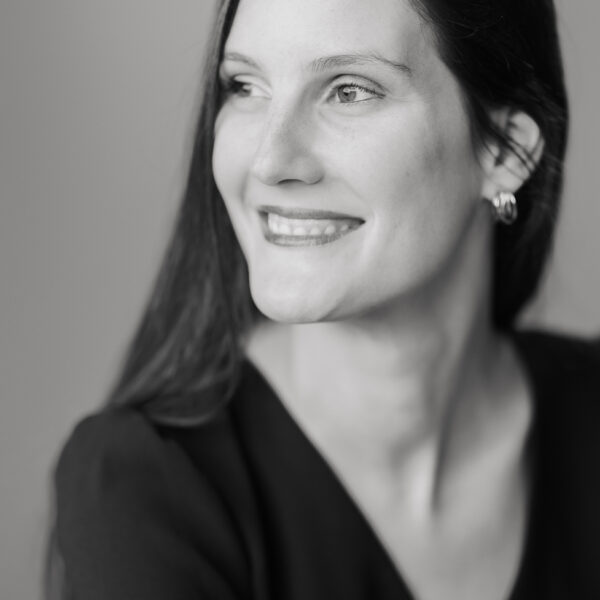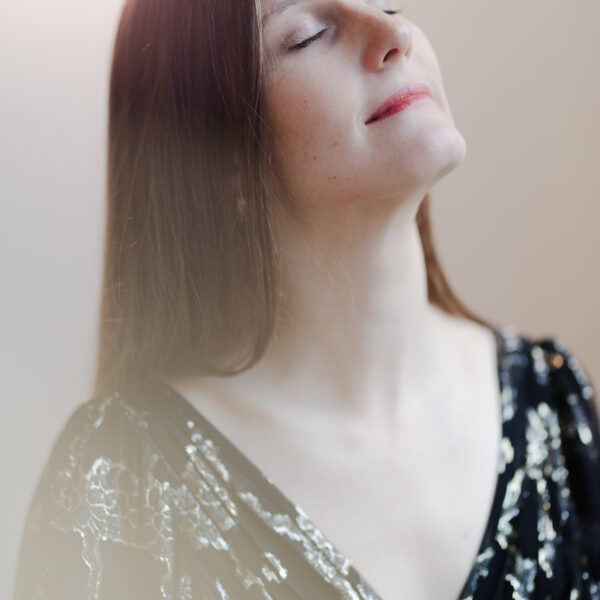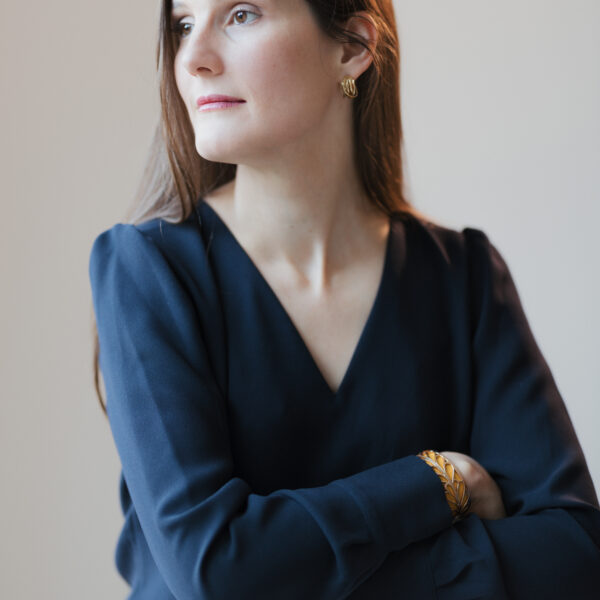This website uses cookies so that we can provide you with the best user experience possible. Cookie information is stored in your browser and performs functions such as recognising you when you return to our website and helping our team to understand which sections of the website you find most interesting and useful.
Blandine de Sansal
Biography
Blandine de Sansal studied at the École Normale de Musique de Paris before obtaining a degree in Musicology from the Sorbonne. She soon attracted attention on the French vocal scene, winning First Prize at the Léopold Bellan International Competition, the Prix de la Ville de Gordes at the Saisons de la Voix competition, and, in 2022, both the First Prize and the Audience Prize at the Froville International Baroque Singing Competition. ForumOpéra praised “a splendid mezzo, already familiar with several renowned ensembles […], whose colours, projection and phrasing immediately won over the listener.”
She performs regularly as a soloist with leading Baroque and Classical ensembles such as Correspondances (Sébastien Daucé), Les Arts Florissants (Paul Agnew), Pygmalion (Raphaël Pichon), Le Banquet Céleste (Damien Guillon), Le Caravansérail (Bertrand Cuiller), Les Épopées (Stéphane Fuget), Les Surprises (Louis-Noël Bestion de Camboulas) and Marguerite Louise (Gaétan Jarry). She has also been heard in recital with Il Caravaggio (Camille Delaforge), the Orchestre de l’Opéra Royal de Versailles (Festival de Sablé-sur-Sarthe) and Le Concert de l’Hostel Dieu (Atelier Lyrique de Tourcoing), confirming the breadth and vitality of her artistic path.
Blandine de Sansal’s operatic repertoire reflects the richness and versatility of a lyric mezzo, embracing Mozart’s grace, Baroque virtuosity and the elegance of French opéra-comique. Her roles include Barbarina (Le Nozze di Figaro), Lisbé (Zémire et AzorGrétry), Argene (L’Olimpiade Vivaldi), Fragoletto (Les Brigands Offenbach) and Goffredo (Rinaldo Handel), for which ForumOpéra praised “her rich and velvety low register, her sense of melodic line, and noble bearing.” At the Konzerthaus in Vienna, she appeared with Les Arts Florissants under Paul Agnew, performing arias from Médée (Charpentier) and Alcina (Handel), “offering penetrating glimpses into the depths of the soul” and showing “a high degree of expressiveness” (Kurier).
At the Festival d’Aix-en-Provence, she stood out in Combattimento, La Théorie du Cygne Noir, a scenic creation by Silvia Costa with Ensemble Correspondances. She then sang Nature in Locke’s Cupid and Death conducted by Sébastien Daucé, before taking on the title role of Orfeo ed Euridice by Gluck under Raphaël Pichon — an interpretation that Olyrix described as “technically assured, with a darkened tone that captures an Orpheus torn between mourning and revolt.”
Her love of poetry and literature nourishes her deep affinity for art song and lieder, which she combines with a vibrant engagement in the sacred repertoire. At the Opéra de Rennes, she moved audiences in Telemann’s Brockes Passion conducted by Damien Guillon — Olyrix praised “a poignant voice, phrasing shaped down to the smallest detail, and the expressivity of a true tragedienne” — and triumphed in Rossini’s Petite Messe solennelle, staged by Jos Houben and Emily Wilson.
In the 2025/26 season, Blandine de Sansal will sing Dido in Purcell’s Dido and Aeneas under Louis-Noël Bestion de Camboulas, in a staging by Pierre Lebon, on a major tour including Clermont-Ferrand, Limoges, Tourcoing, Poissy and the Festival Baroque de Pontoise. She will also reunite with Les Arts Florissants and Paul Agnew at the Philharmonie de Paris as Goffredo in Handel’s Rinaldo, before joining Raphaël Pichon and Pygmalion at the Adelaide Festival for Welt, Gute Nacht and Luigi Rossi’s L’Orfeo, in which she will sing the role of Aristeo. She will also appear as Piacere in Handel’s Il Trionfo del Tempo e del Disinganno with Le Banquet Céleste at the Opéra de Rennes.
(2025_2026. Use this CV exclusively.)




